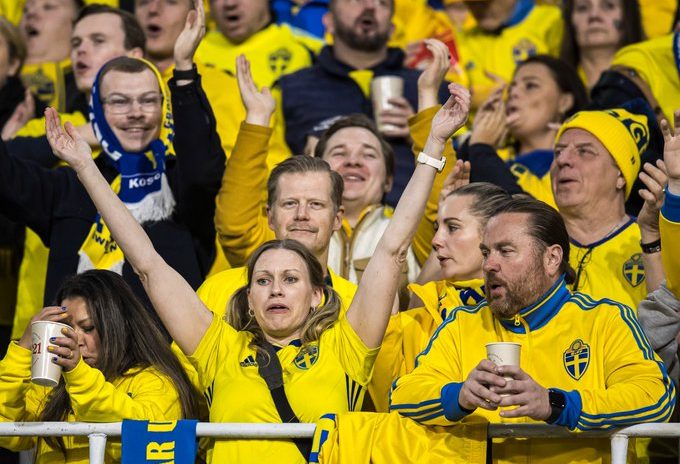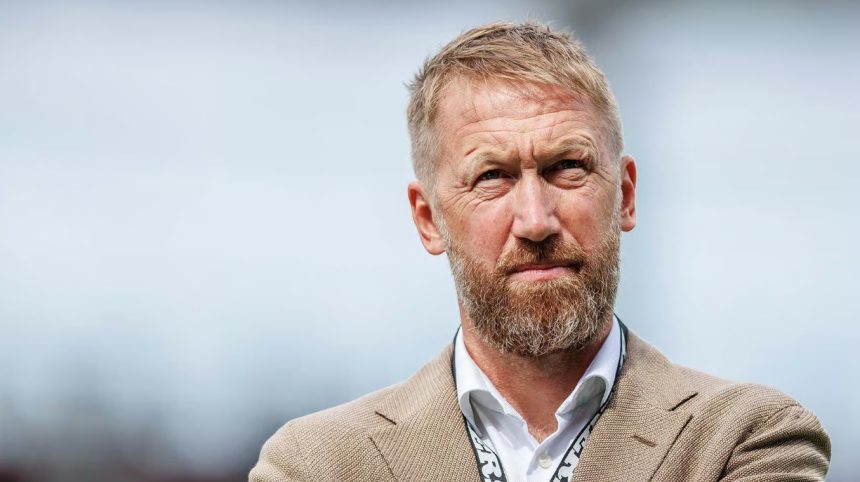Sweden’s shocking failure to qualify for the 2026 FIFA World Cup has sparked nationwide outrage, with fans and pundits split over where the real problem lies: poor management or player underperformance. After collecting just one point from four qualifying games, including embarrassing defeats to Kosovo and Switzerland, Softfootball understands that the 1958 finalists now face the grim prospect of missing a third straight major tournament, an unprecedented low in their football history.
Much of the blame has fallen on former head coach Jon Dahl Tomasson, who was sacked on October 14, 2025, following a humiliating 1–0 home loss to Kosovo. Sweden became the first nation to lose both legs to the Balkan side, a result many describe as the lowest point in modern Swedish football, and now attention will move to club football, with Isak urging his Liverpool teammates to bounce back from their back-to-back defeats.

Critics argue Tomasson’s tactical overhaul was disastrous. His decision to abandon Sweden’s trademark defensive discipline for a high-pressing, possession-heavy approach left the team exposed and unbalanced. As some local analysts noted, Tomasson forgot what Sweden stands for: being organised and resilient.
Sweden announced the sacking of Tomasson in a post via the country’s official X account.
They posted:
SvFF avslutar Jon Dahl Tomassons uppdrag
— Svensk Fotboll (@svenskfotboll) October 14, 2025
SvFF tackar Jon Dahl Tomasson för sin tid som förbundskapten.
His misuse of attacking stars Alexander Isak and Viktor Gyökeres also drew criticism. The Liverpool and Arsenal forwards, both goal machines at club level, looked lost together. They thrive on service and counter-attacking space, but with a disjointed midfield and a slow buildup, their chemistry never clicked. The result? Just two goals in four games — a shocking return for a strike partnership valued at nearly £200 million.
However, the players themselves aren’t innocent. Isak missed key chances, and Gyökeres looked out of rhythm just like he was in Arsenal’s 2-nil win over West Ham, and even without Dejan Kulusevski, the team’s overall lack of urgency and belief was alarming. Their inability to perform under pressure raised questions about leadership and mentality as much as tactics.
In truth, Sweden’s failure is a cocktail of both managerial misjudgment and individual underperformance. Tomasson’s departure may mark the end of one chapter, but unless this generation learns to blend talent with accountability, Sweden’s World Cup drought could stretch much longer.







